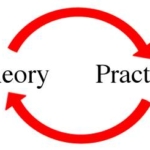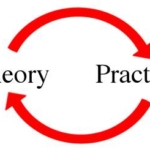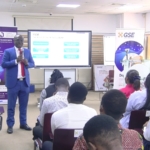
This morning, after just a few clicks, I built two working apps that could potentially solve real problems. No coding bootcamp. No hiring a developer. No weeks of frustrating back and forth. Just an idea and a launch. Ordinarily, these apps would have cost at least $8,000 and taken weeks, maybe months, to build.
This experience forced me to ask a question that every policymaker and educator in Ghana should be asking: In a world where technology can now turn an idea into a fully functioning app in minutes, should we still be training millions of people to code? Or should we be teaching them what to build, and how to use it to create value?
Because here is the truth. In Ghana, we have a long history of teaching people skills without showing them how to turn those skills into productive outcomes. We have trained thousands in agriculture, yet many never farm. We risk doing the same with coding, producing an army of certificate holders who never actually build anything that works, sells, or solves a problem.
Technology has shifted the battlefield. Today, speed is no longer a luxury; it is a survival skill. The second you have an idea, you are in a race against competitors, the market, and your own doubts. Tools now exist that remove the slow, invisible work that used to kill ideas before they ever launched. These tools do not just write code, they plan, engineer, and build entire systems the way a seasoned CTO would, in minutes instead of weeks.
This means the winners in our generation will not just be those who can code, but those who know what to build, why it matters, and how to get it into the hands of users fast.
For individuals, this means shifting focus from chasing technical certificates to mastering problem identification, market validation, and rapid execution. For policymakers, it means rethinking digital skills programs and integrating practical entrepreneurship and solution design training, rather than simply teaching syntax and frameworks.
If we do not adapt, we will waste another decade training for a world that no longer exists. If we do, we could equip a new generation not just to participate in the digital economy but to dominate it.
The window of opportunity is open now. But as with all things in the new speed economy, it will not stay open forever.
- President Commissions 36.5 Million Dollars Hospital In The Tain District
- You Will Not Go Free For Killing An Hard Working MP – Akufo-Addo To MP’s Killer
- I Will Lead You To Victory – Ato Forson Assures NDC Supporters
Visit Our Social Media for More




